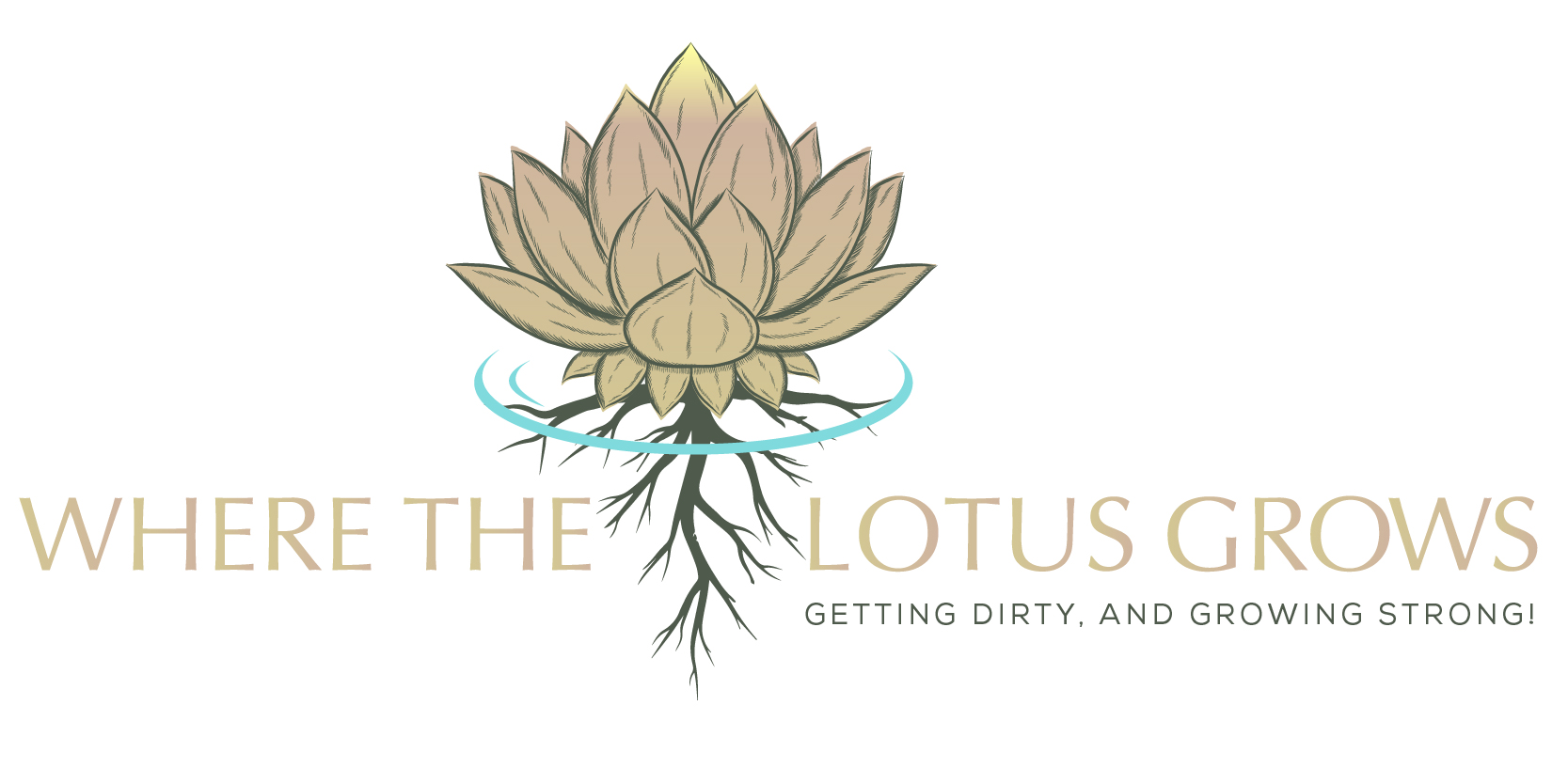Episode 45: Getting Uncomfortable - Why it’s important to participate in difficult discussions
We’re super excited about this episode and to be honest a little scared too. As a cis white women in our 30’s & 40’s, we’ve seen lots of backlash on what “we” have to say on these topics because, I think, we’re directly adjacent to the white male that has held the majority of control throughout modern civilization.
The difficult conversations to have involve, first and foremost, acknowledging that. We get it.
Warning to our listeners, this episode may seem political, though it's not meant to be. You see, especially in recent years, the topics of gender, race, sexuality, and religion are politics. The idea of some people having more or less rights than others is politics. For some, the mention of inclusiveness might give some reservations about listening. There was a time in Tonya’s life when she would have said, “Well then, I guess this isn’t for you. Go ahead and turn it off.” And, I’m sure there are still a few she would say that to, but she implore those listening who might have the gut instinct to hit delete, to give us a chance and keep listening. Allow yourself to indulge in a little curiosity. Preaching to the choir can be fun, we’re all guilty of it - who do we hang out with? Who reads and likes our Facebook status? We can stay in the same circles. But what good does that do?
The fact that we, Tonya and Kimberly, as podcasters and practitioners, strive to be inclusive to all races, genders, cultures, religions, etc. already says something about us to others. Hopefully, it sends the message that we’re open minded allies. But it doesn't mean that we don't come to this rationale without many things to learn because we’re still coming to the table with our own implicit bias. Kim suggests ending every judgment with a question mark. Kim took a mindfulness of race workshop with Dr. Gail Parker and while in that workshop she had to take a quiz through Harvard education to see what her bias was on race. In doing self-inquiry you can start to work on you and your biases.
The importance of dialogue in a culture that seems very divided and hard lined. Listening and having constructive conversations, not escalations and arguments. Kim shares that forcing your opinion on someone is rarely successful. Besides you can always ask yourself if you are really right. Are you sure what is best? Are you sure the other person is wrong? Even if you think you are right, you cans till wonder to what extent you’re guilty of the same behavior you’re accusing the person of. Tonya shared with Kim one time that perhaps Kim’s family didn’t get the latest software upgrade. When we think we know what is best for someone else we have moved beyond our own business. If you want world peace, reduced racism, equality for all, etc. it is up to you- it starts with your own work.
The importance of compassion - compassion vs. sympathy. You can have compassion for where someone came from, what their story is without having sympathy for the situation they’re currently in. Byron Katie shares 4 questions when we feel we’ve been hurt along with three ways to turn it around.
Is it true? (Yes or No)
Can you absolutely know that ti’s true? (Yes or No)
How do you react, what happens, when you believe that thought?
Who would you be without the thought?
Turnarounds
To yourself (I hurt my feelings)
To the other person (I hurt your feelings)
To the opposite (He did not hurt my feelings)
Challenge yourself in any situation to find genuine examples of how this turnaround is true for you.
This topic is so be multi layered and I think we will be revisiting it again soon. One of my ideas for next season is to have conversations from different groups and getting opinions outside of our own.
Show Resources:
https://drgailparker.wordpress.com/
Quotes: “The ego is strong, but not as strong as reality. It will never survive the question: Is it true?” Byron Katie
